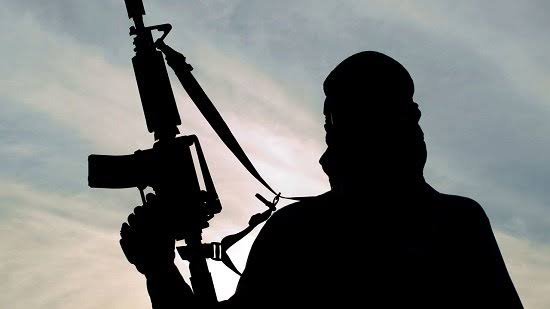The Transatlantic Slave Trade involved selling enslaved Africans to the Americas and Europe, and it led to exponential economic growth for the nations involved. However, after the abolition of slavery in 1807, Britain needed a legitimate means of conducting business and exploiting resources. They turned to Lagos, one of the largest slave ports, but were faced with a power tussle between Prince Kosoko, who was pro-slave trade, and Prince Akintoye, who was anti-slave trade and a friend to the British.
The Transatlantic Slave Trade
The Transatlantic Slave Trade was a horrific chapter in human history that involved selling enslaved Africans to the Americas and Europe. Portuguese traders were the first to engage in the slave trade in Nigeria, selling over 3.5 million Nigerians to the Americas and the Caribbean, primarily as cotton plantation workers. More than a million died from disease and starvation during the voyages.
Despite these deaths, the slave trade provided exponential economic growth for the nations involved. The USA grew to provide 60% of the world’s cotton and some 70% of the cotton consumed by the British textile industry. Profits made in the slave trade provided money for investment in British industry, with banks and insurance companies offering services to slave merchants. Local chiefs enriched themselves with guns, mirrors, and other profitable income due to the trade-offs with these Western powers.
Britain’s Conquest Of Lagos
After the abolition of slavery in 1807, Britain needed a legitimate means of conducting business and exploiting resources. They turned to Lagos, one of the largest slave ports, to establish trade relations. However, they were faced with a power tussle between Prince Kosoko, who was pro-slave trade, and Prince Akintoye, who was anti-slave trade and a friend to the British.
The Akintoye-Kosoko Power Tussle
Trading in Lagos was so bad that the British Royal Navy had to establish a Task Force called the West Africa Squadron to pursue Portuguese, American, and French slave ships and prevent local chiefs from selling more people. In 1841, Oba Oluwole of Lagos died from a gunpowder explosion triggered by lightning.
This left a vacancy on the throne that was contested between Prince Kosoko, the rightful heir, and his uncle, Prince Akintoye. With the abolition of slavery, Akintoye became a populist and anti-slave trade, which made him unpopular with the local leaders. With these factors against Akintoye, it was easy for Kosoko to establish a coup against Akintoye and oust him from the throne into exile in 1845. With Kosoko’s ascension to power, the slave trade heightened. Lagosians became domestic slaves or chattel slaves for export.
The Role Of Samuel Ajayi Crowther
Crowther was a Yoruba man who was captured as a slave and later freed by the British. He became a Christian missionary and was appointed as a bishop by the Church Missionary Society. Crowther was a valuable asset to the British because of his knowledge of the local culture and languages. He advised the British to seize Lagos by force and install Akintoye as the Oba of Lagos.
The Conquest Of Lagos
After negotiations failed, the British expelled Kosoko and waged war on Lagos in December 1851. The Lagosians put up a stiff resistance, but the Royal Navy’s superior firepower won the day, and Akintoye was installed as the Oba of Lagos. Under Akintoye’s son, Dosunmu, the slave trade was briefly revived until the British convinced him to exchange the ports of Lagos for a yearly pension of £1,000, known as the Treaty of Cession in 1861. From then on, Lagos was annexed to become a colony under the British.
The Legacy Of British Conquest Of Lagos
The legacy of the British conquest of Lagos is still felt in Nigeria today. Lagos became an economic hub and one of the largest cities in West Africa, with a population of over 15.9 million people in 2023 and the most profitable state in Nigeria with a $136.6 billion GDP. However, the British colonization of Nigeria also had negative consequences, such as the exploitation of resources and the suppression of Nigerian culture and traditions. The story of the conquest of Lagos serves as a reminder of the struggles that have shaped Nigeria’s history and the importance of standing up for one’s rights.

